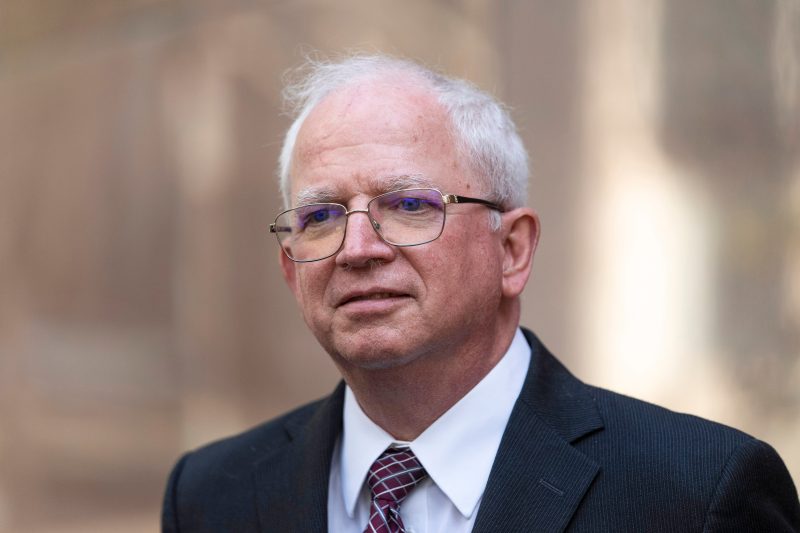In a recent turn of events, the D.C. Court of Appeals has decided to temporarily suspend the law license of prominent lawyer John Eastman, who gained national attention for his involvement in former President Donald Trump’s legal team. This decision comes as a significant development in the ongoing aftermath of the 2020 presidential election and raises questions about the ethical responsibilities of legal professionals in the political arena.
Eastman, a constitutional law scholar and former professor at Chapman University, played a key role in advancing Trump’s baseless claims of widespread voter fraud in the 2020 election. His legal strategies, including advocating for overturning election results in key swing states, were met with criticism and scrutiny from legal experts and lawmakers alike. The suspension of his law license underscores the serious consequences that can result from lawyers engaging in unethical or misleading practices, especially in high-stakes political contexts.
The D.C. Court of Appeals cited concerns about Eastman’s conduct during and after the election, noting that his actions raised substantial doubts about his compliance with the ethical rules governing the legal profession. By temporarily suspending his law license, the court sends a strong message that lawyers must uphold the highest standards of professional conduct, particularly when handling sensitive and contentious legal matters.
This decision also serves as a reminder of the important role that legal professionals play in upholding the integrity of the justice system. Lawyers have a duty to serve as guardians of justice, advocating for their clients while also adhering to the principles of fairness, honesty, and respect for the rule of law. When lawyers fail to meet these standards, it not only damages their own reputation but also undermines the public’s trust in the legal profession as a whole.
The case of John Eastman highlights the complex intersection of law, politics, and ethics in today’s society. As lawyers navigate increasingly polarized and contentious legal disputes, they face the challenge of balancing their professional obligations with their personal beliefs and commitments. The temporary suspension of Eastman’s law license serves as a cautionary tale for legal professionals, reminding them of the serious consequences that can result from unethical or improper conduct.
Moving forward, it is essential for lawyers to reflect on the lessons learned from cases like Eastman’s and to recommit themselves to upholding the core values of the legal profession. By maintaining a steadfast dedication to integrity, professionalism, and ethical conduct, lawyers can help ensure the continued strength and credibility of the justice system, even in the face of challenging and divisive legal issues.


























